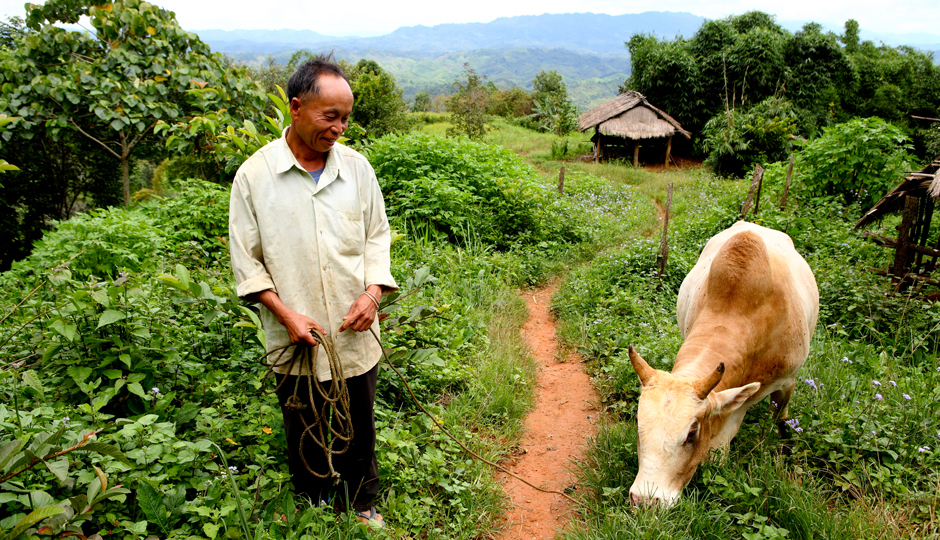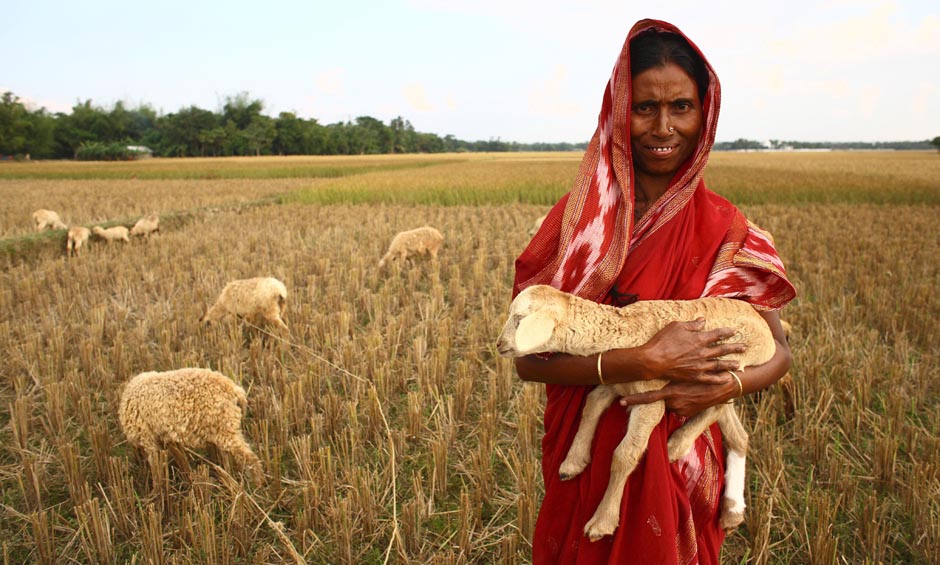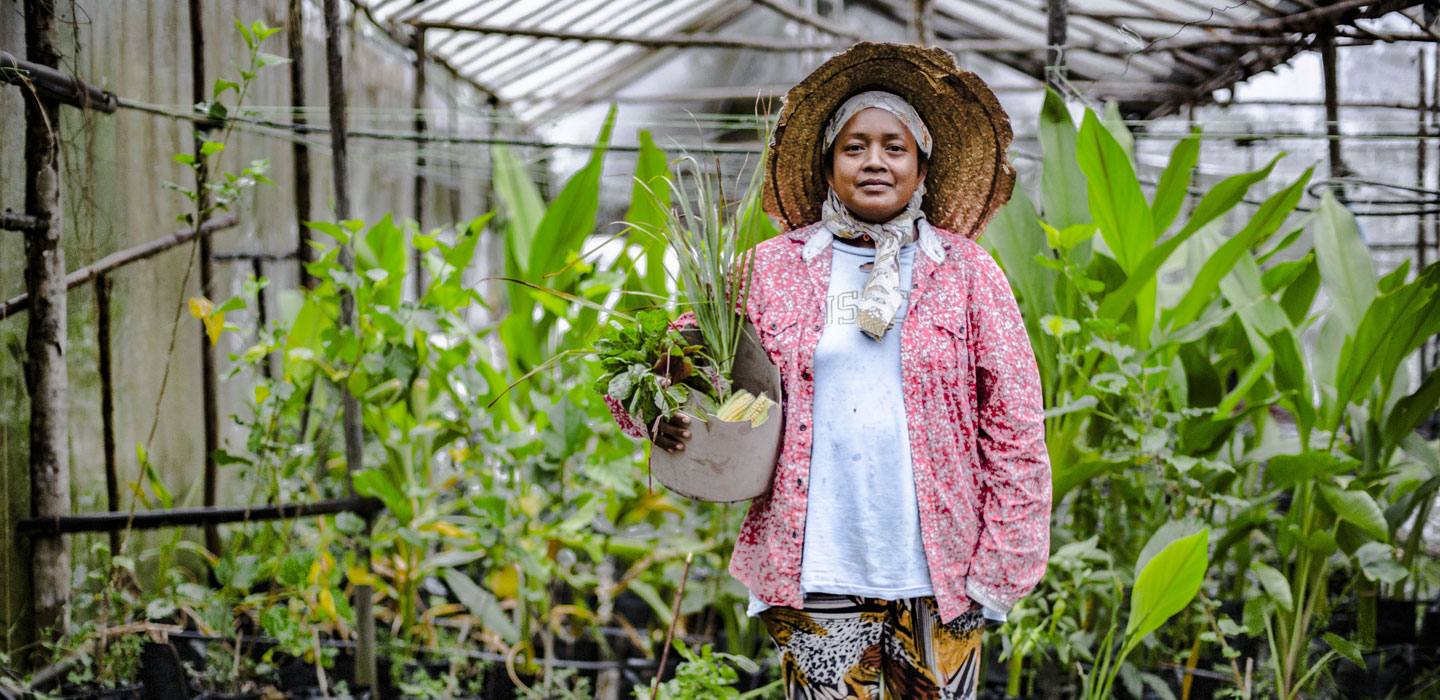Meet the people
people - banner

Meet the people
Menu Display
people - intro
Small farms play a big role in feeding the world
In 2050 there will be more than 9 billion people living on Earth – 2 billion more mouths to feed than there are today. In order to meet the world’s growing food needs, agricultural production must double by 2050, food waste must be reduced and food systems have to become sustainable and efficient.
Feeding a growing population without putting an already fragile planet at risk is the challenge.
One way to do this is by investing in sustainable and climate-friendly farming approaches driven by the world’s largest group of local food producers – smallholder farmers.
Meet the people

Today, more than 3.4 billion people live in rural areas, with most working on small farms to produce food for their communities. Yet, ironically, they are some of the poorest and hungriest people in the world.
Small farms account for up to 80 per cent of production in sub-Saharan Africa and parts of Asia. Yet millions of rural people face lack of food, lack of resources, lack of finance, lack of infrastructure and lack of options.
With increased investment, small farmers can raise production, connect to markets and improve their livelihoods.


